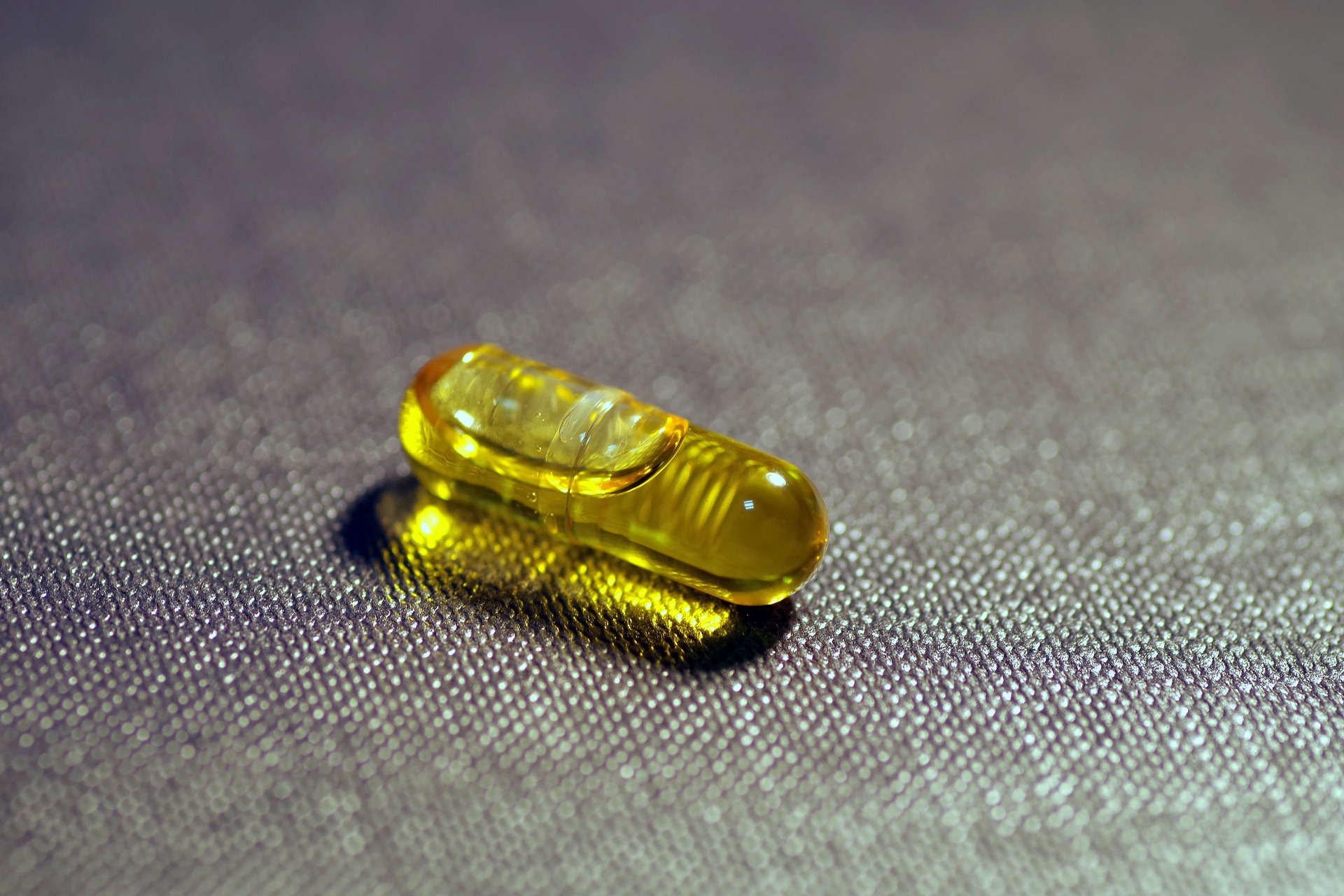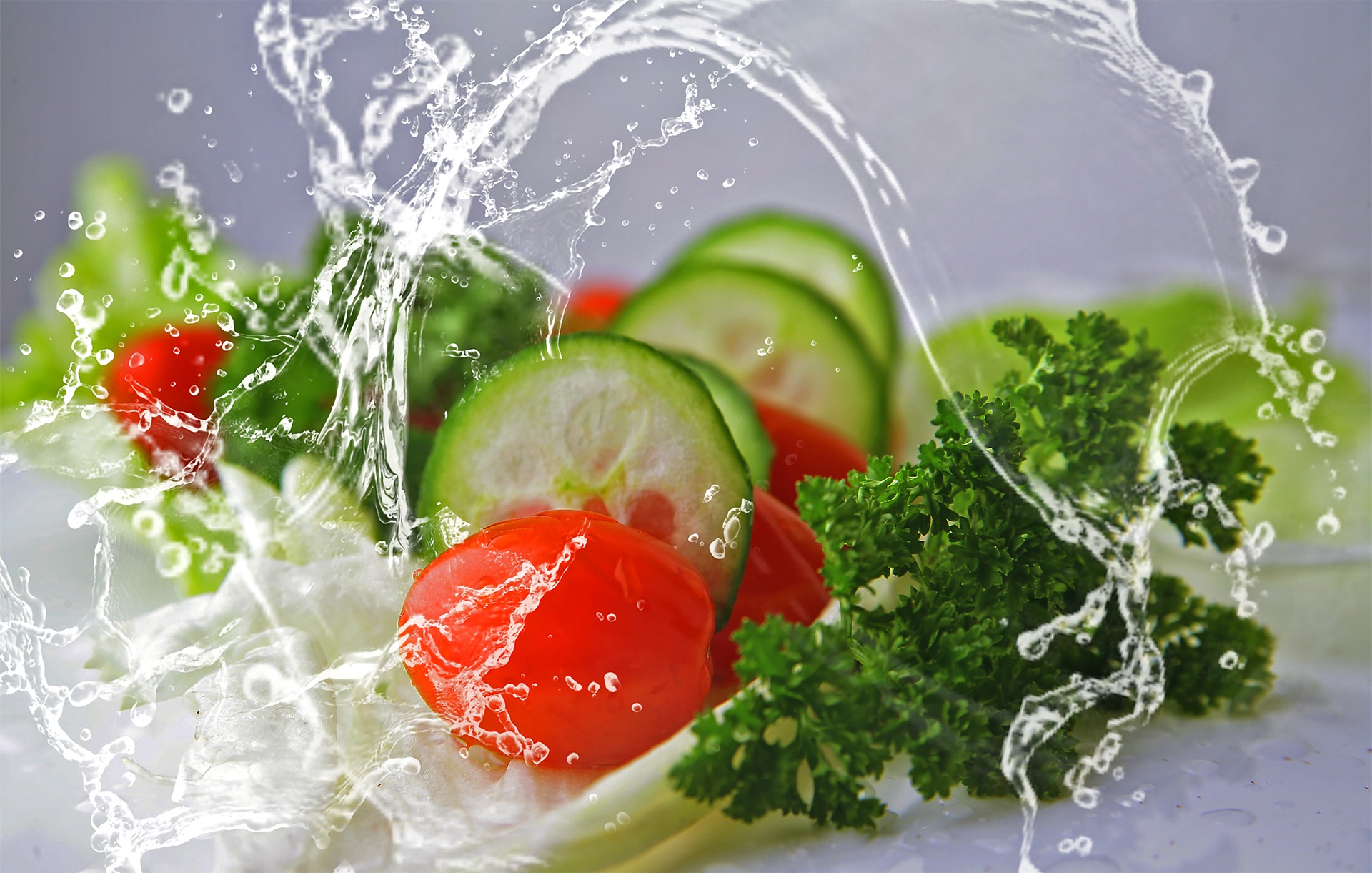
No matter what you read or who you consult regarding a nutritious and balanced diet, vitamin D will always be present.
Many know vitamin D as the sunshine vitamin due to its high content in our sun rays. Yet, vitamin D, an essential and truly miraculous nutrient, is also present in a variety of plant-based foods. From boosting immune system function to strengthen bones to supporting cardiovascular health, vitamin D is a key ingredient for your entire bodily health.
Many know vitamin D as the sunshine vitamin due to its high content in our sun rays. Yet, vitamin D, an essential and truly miraculous nutrient, is also present in a variety of plant-based foods. From boosting immune system function to strengthen bones to supporting cardiovascular health, vitamin D is a key ingredient for your entire bodily health.
What is Vitamin D?
In order to understand vitamin D, it’s important to know what vitamins actually are. Basically, vitaminsare essential chemicals that keep bodily systems functioning properly, help fight illness, and boost your body’s ability to heal itself. Vitamin D is a fat-soluble chemical that happens to have a broad range of health benefits such as building strong bones and supporting the immune system. Vitamin D is particularly special due to the fact that it’s the only vitamin that the body can create via sunlight. All other vitamins have to be consumed via diet or supplements.
The human body absorbs vitamin D through three routes: sunlight, plant-based foods, and supplements. The Food and Nutrition Board recommends 600 IU (international units) of vitamin D for both male and females adults daily. It can be incredibly difficult to get this daily recommended amount of Vitamin D. Those suffering from vitamin D deficiencies may experience subtle to severe symptoms such as bone pain and muscle weakness, and has been linked to conditions such as childhood asthma, multiple sclerosis, cognitive and cardiovascular issues, diabetes, and even some cancers.
Health Benefits of Vitamin D
Getting the right amount of vitamin D on a daily basis leads to incredible health benefits. Whether you receive your intake via sunshine, food, or supplements, your body will thank you with prolonged health into old age.
Strong Bones
When it comes to healthy bones, there are two key factors: calcium and phosphorous. Vitamin D plays an integral role in the regulation and maintenance of these nutrients. Calcium, phosphorous, and vitamin D all work in tandem towards strong bones. When it comes to calcium, vitamin D helps to absorb and reclaim this mineral from the intestines and kidneys. Over 50 percent of the body’s bones are made from phosphate, making it one of the most important elements of bone strength, and calcium aids in the absorption power of phosphate.
Boosting the Immune System
Vitamin D boosts your immune response due to its unique job of switching genes on and off throughout the body. A switch that vitamin D turns on are “key peptides in your immune system that trigger a strong anti-microbial response.” When this switch is given the green light, the human body is able to fight off foreign and dangerous invaders before they turn into a full-blown infection.
Proper Insulin Levels
Vitamin D deficiency has been linked to higher risks of developing type 2 diabetes. This is mainly due to the fact that vitamin D helps to regulate proper insulin levels. Recent studies show that “insufficient vitamin D levels may negatively effect insulin secretion and glucose tolerance.” Further studies revealedthat babies receiving large amounts of vitamin D had an 88 percent reduced risk of developing type 1 diabetes.
Cardiovascular Health
Recent studies have shown a drastic link between vitamin D deficiency and cardiovascular health issuesincluding heart attacks and congestive heart failure, arterial disease, stroke, high blood pressure and diabetes. Getting the appropriate recommended daily intake of vitamin D aids in the regulation of blood pressure in the kidneys and blood sugar levels in the pancreas, two factors that play into cardiovascular health.
Cancer Prevention
The hormonally active form of vitamin D called calcitriol has been shown to slow the progression of some cancers. This is due to vitamin D’s active role in both cell growth and cell communication. Higher levels of vitamin D slow new blood vessel growth and development within cancerous tissues. This, in turn, increases the rate of cancer cell death and reduces the multiplication and spreading of cancer cells.
Natural and Fortified Vitamin D Plant-Based Foods
Getting small amounts of safe sun exposure on a daily basis is a great way to get the most vitamin D absorption. Yet, it’s not always that easy. Possibly, you live in an area such as the Pacific Northwest, which receives little to no sunshine for days on end. Some of us work indoors all day or even suffer from photosensitivity, an allergic reaction to the sun.
So, besides natural sunshine and supplements, where can a plant-based eater get vitamin D?
Lucky for you, there are two great ways to get vitamin D from plant-based foods. While vitamin D is only naturally made in animal products — such as fish and dairy — for those vegans and vegetarians there are a host of vitamin D fortified products that provide a source of and helps the production of vitamin D.
1. Mushrooms
Mushrooms are one of the only un-fortified plant-based foods that offer a source of vitamin D. With that said, mushrooms don’t actually contain vitamin D. These veggies contain a precursor to the creation of vitamin D called ergosterol, which is turned into vitamin D with the help of UV rays. This, in turn, boosts the amount of vitamin D created within your body without having to absorb as much sunshine.
2. Fortified Plant-Based Milk
When selecting your plant-based milk, take a look at the ingredients and chose your favorite that also is fortified with vitamin D. Almost all plant-based milk products, such as almond, soy, oatmeal, and cashew, can be fortified with necessary vitamins and minerals. Generally, a cup of plant-based milk should provide around 30 percent of adults recommended daily intake of vitamin D.
3. Fortified Plant-Based Foods
Plant-based milk products are not the only fortified options in the grocery store aisle. There are also vitamin D fortified yogurts, juices (especially orange juice), and cereals.





Комментариев нет:
Отправить комментарий